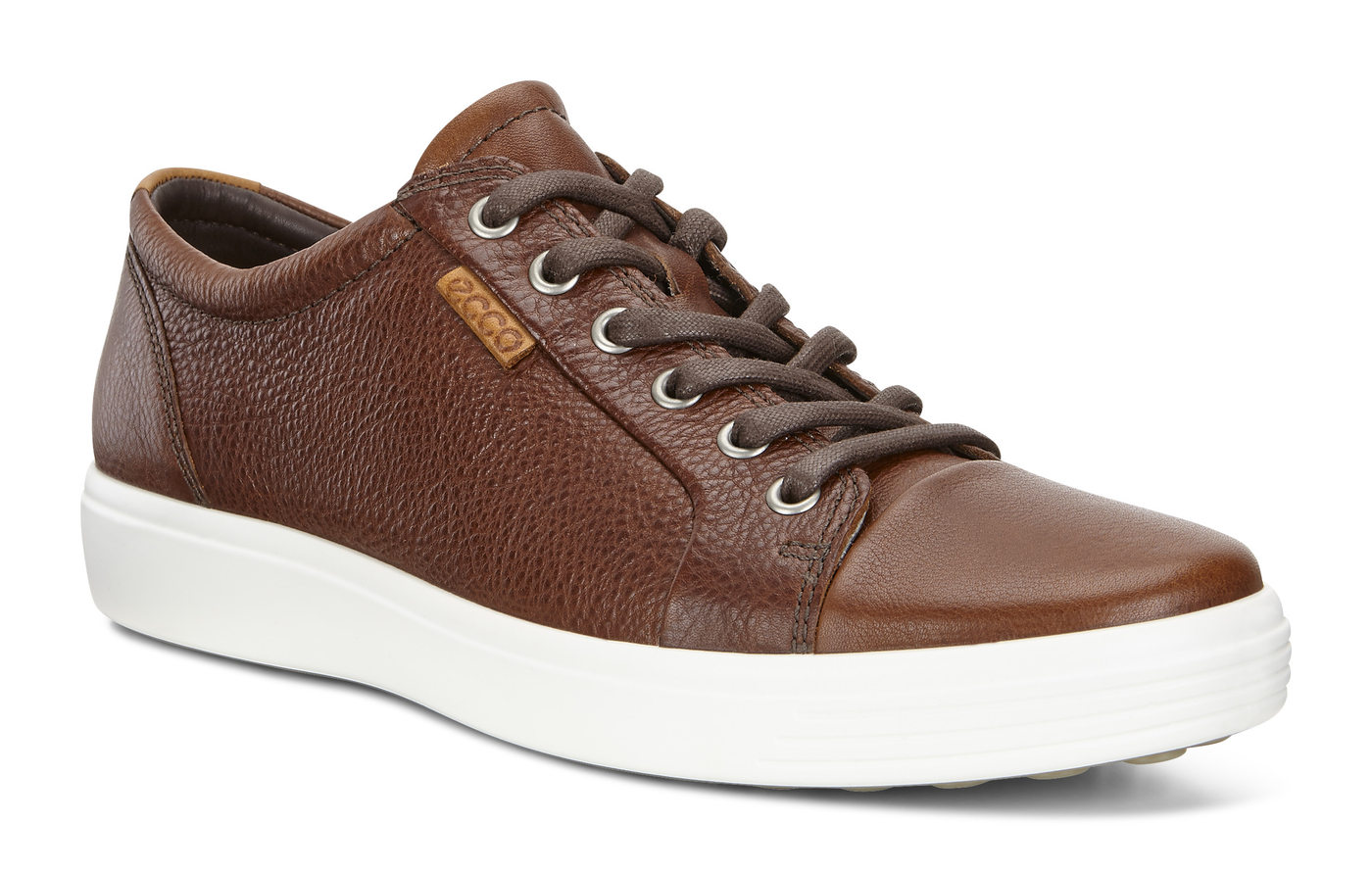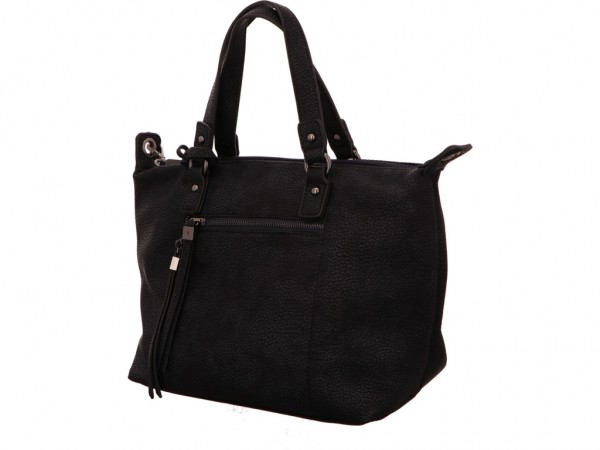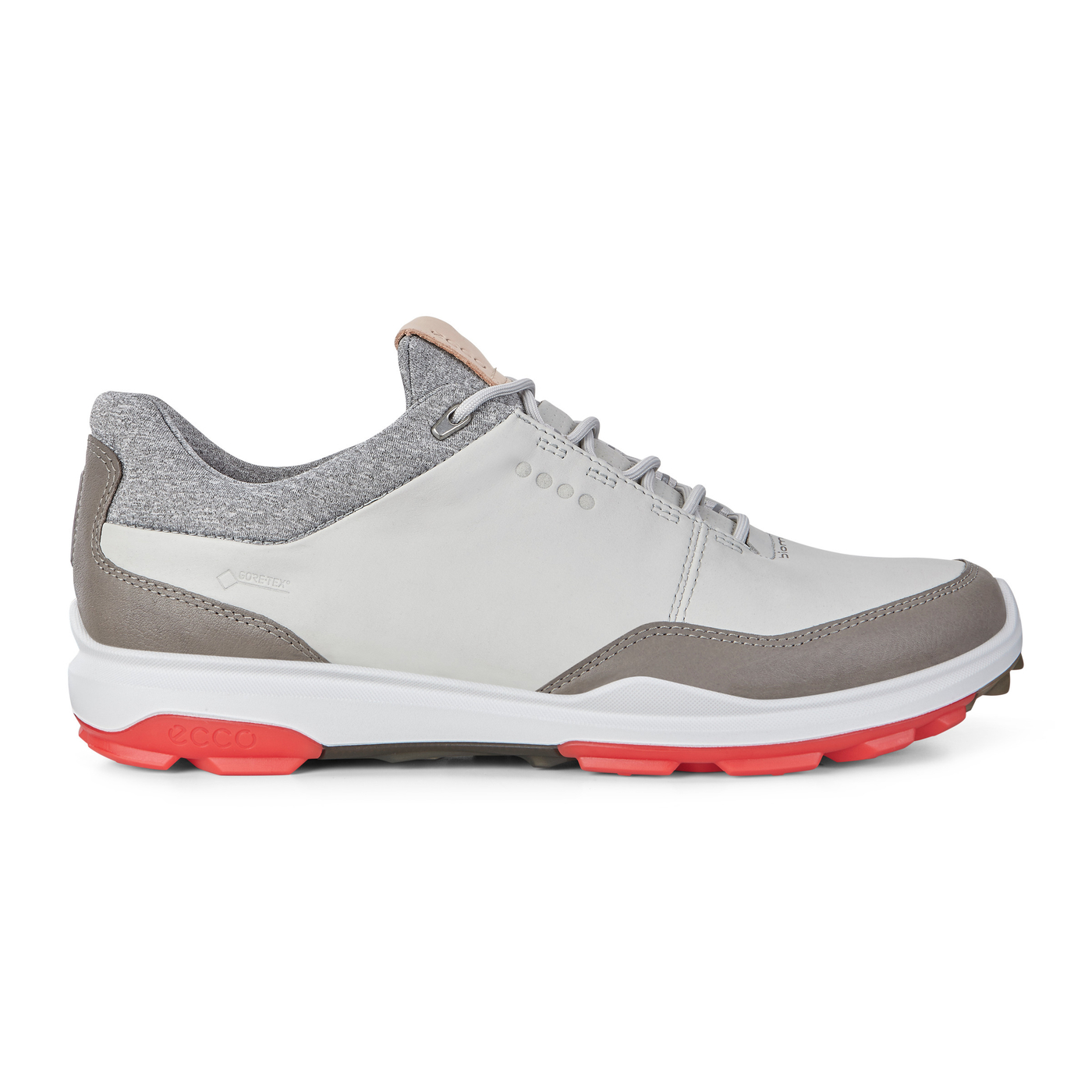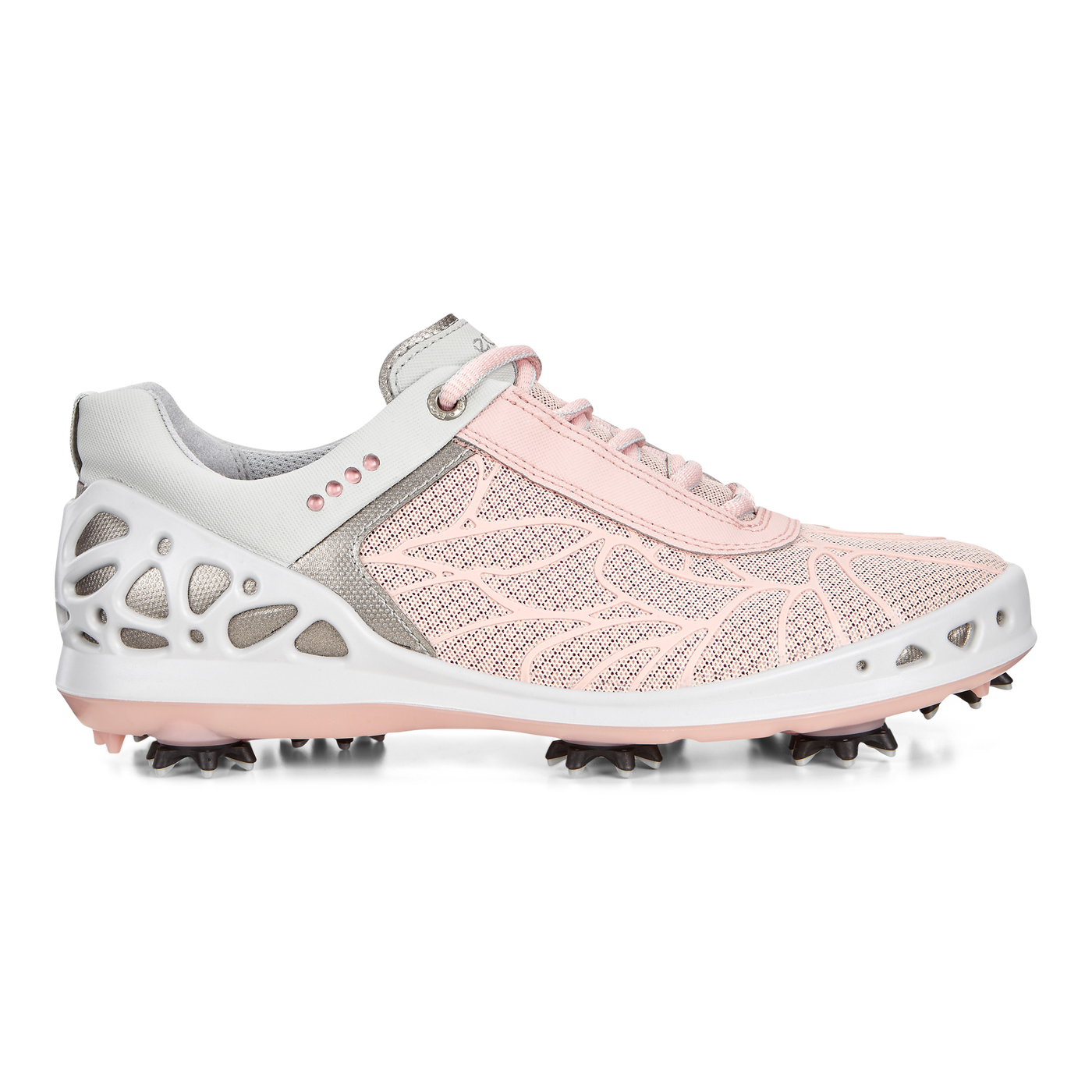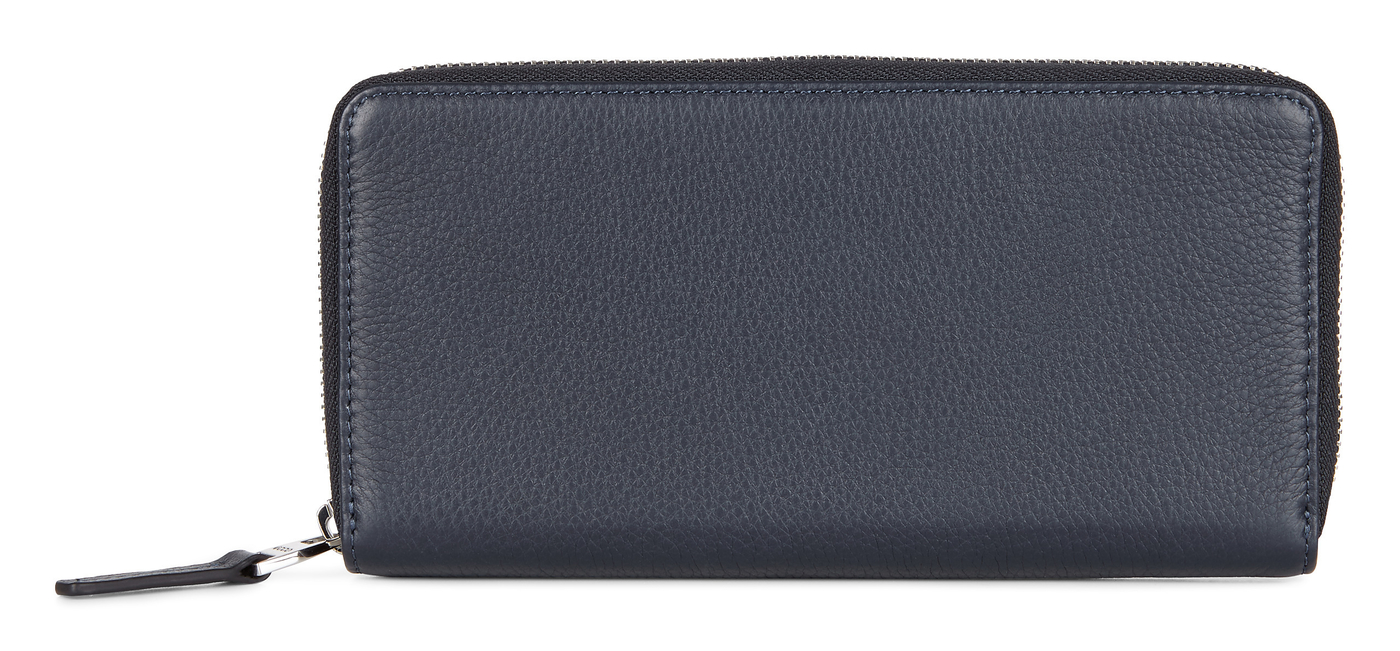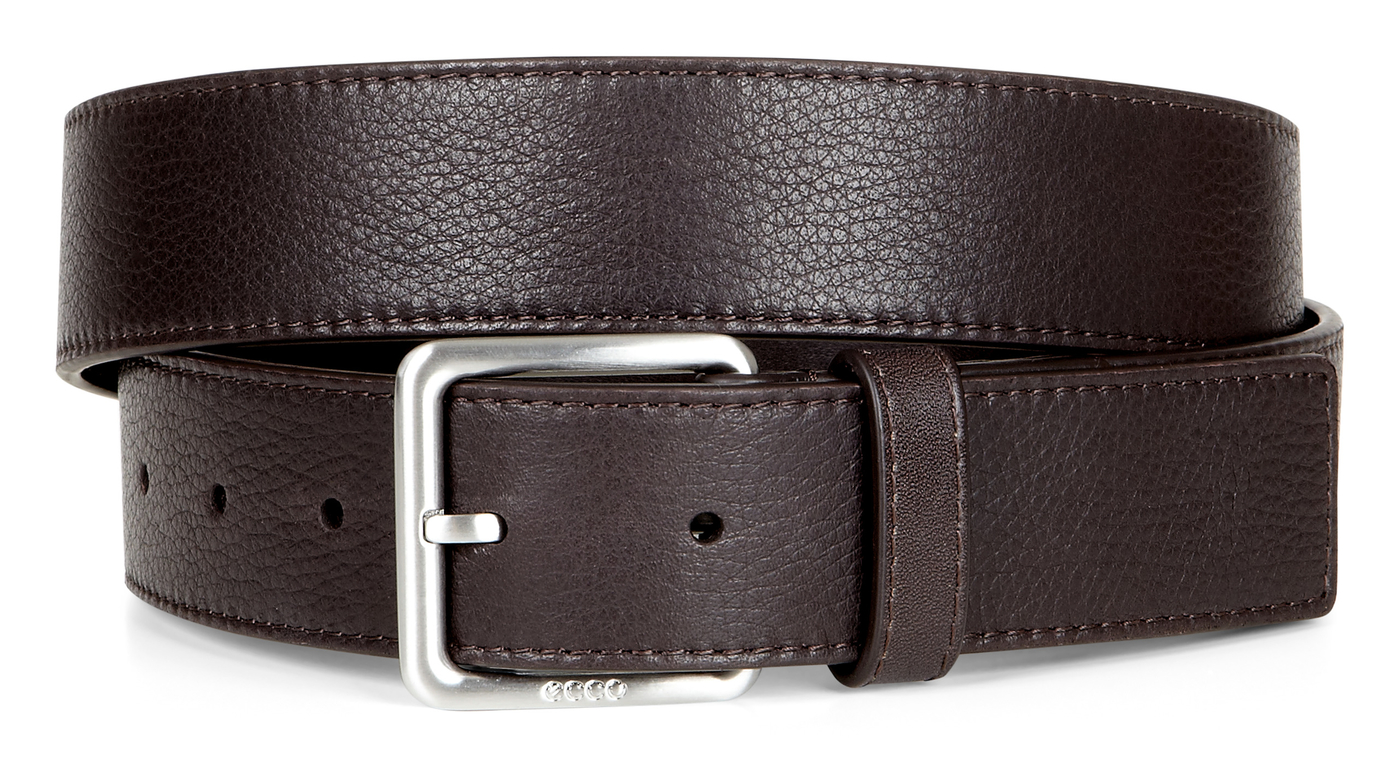Sober living
National Cancer Institute at the National Institutes of Health
Content
Our bodies are constantly exposed to a barrage of microbes, including bacteria, viruses, and fungi. Some of these are necessary for our well-being, such as the bacteria that live in the intestine and help with digestion. The immune system is the body’s defense against infectious diseases, helping to distinguish, for example, between “bad” and “good” bacteria and eradicating harmful organisms from the body. Results of the DPPH-based assay for total plasma antioxidant capacity suggest that wine phenolic phytochemicals https://ecosoberhouse.com/ increased in the plasma of mice drinking wines. The data suggest that the plasma can accumulate sufficient and significant antioxidant activity in the blood when a moderate amount of wine is consumed on a daily basis. Although the muscadine wine had twice the phenolic content of the cabernet sauvignon, this difference was not apparent in vivo. When the mice were injected with LPS, the normal response of lymphocytes is to migrate out of the circulation into tissues and the lymphatic systems.
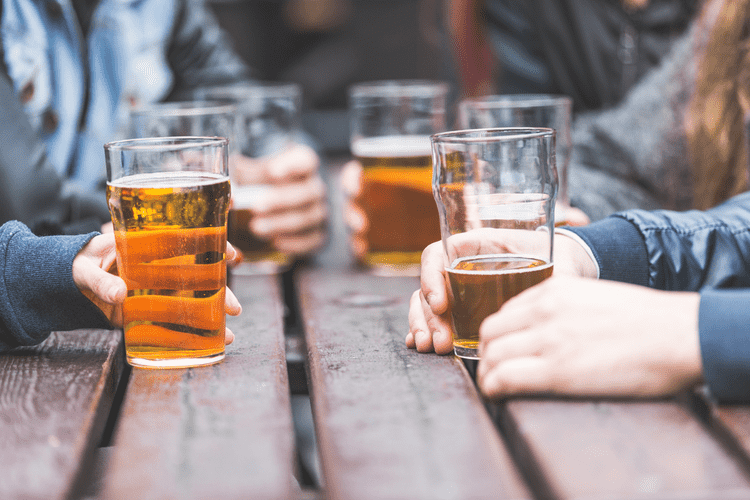
Acetaldehyde is the toxic byproduct that contributes to tissue damage, alcohol dependence, and addiction . It can also bind to other proteins to form adducts, such as malondialdehyde and MDA-acetaldehyde , which play a key role in the development of liver injury and stimulate antibody responses that further promote liver inflammation and fibrosis . In addition, oxidation of ethanol by CYP2E1 leads to the formation of reactive oxygen species . Elevated levels of ROS cause oxidative stress which has been shown to play a role in several harmful processes including cancer development, atherosclerosis, diabetes, and inflammation .
Part 3: How Can You Decrease Your Risk?
Much progress has been made in elucidating the relationship between alcohol consumption and immune function and how this interaction affects human health. Continued advances in this field face several challenges, however. Normal immune function hinges on bidirectional communication of immune cells with nonimmune cells at the local level, as well as crosstalk between the brain and the periphery.
- Ethanol modulates the function of monocytes, immature innate immune cells that circulate in the blood until recruited into tissues, in a dose and time dependent manner.
- And Friedman, H. Ethanol affects macrophage production of IL-6 and susceptibility to infection by Legionella pneumophilia.
- Alcohol also adversely affects the immune system through its effect on the liver.
- The liver is responsible for eliminating alcohol from the body, and, as such, it is especially susceptible to damage caused by alcohol and its toxic byproducts.
- Once alcohol is absorbed into the bloodstream through the stomach, the body’s white blood cell count falls, making it harder for the immune system to fight against the disease.
Chronic drinking can lead to a number of specific health problems. There are several negative health problems that could arise due to frequent drinking. Since there is a link between alcohol and the immune system, things only escalate as heavy drinking continues. does alcohol weaken your immune system Obviously, the more that a person drinks, the more that his or her immune system will be damaged. In other words, binge drinking suppresses immunity at a high level. One episode of binge drinking has the chance to lower a person’s immunity for a full day.
You take medications that weaken your immune response.
Studies also show that frequent episodes of stress seem to exacerbate autoimmune diseases like rheumatoid arthritis and ulcerative colitis and can cause flare-ups in allergic reactions like eczema and asthma. Certain types of stress can be beneficial for our immune health and overall wellness. Mucus production, which traps bacteria and small particles and helps expel them from the body. But if you’re constantly catching colds with symptoms that linger for weeks, or even get food poisoning often, it may be due to a sluggish response from your innate immune system. Chronic alcoholism can have a disastrous impact on the kidneys.
- Consuming alcohol decreases the activity level of T cells, also known as “killer” cells.
- However, that does not make them safer from alcohol use issues or the results of them, such as poor immune system health.
- This defect was rescued when cultures were treated with the Rho kinase inhibitor, Y27632 indicative that ethanol reduced efferocytosis through the induction of Rho kinase activity in a dose-dependent manner (Boe, Richens et al. 2010).
- “This is due in part to direct effects of ethanol on innate immune cells,” said Curtis.
- Normally, the lungs and gut, like our skin, offer a physical and immunological shield against infection but too much alcohol can disrupt that.
- It has been found that ethanol metabolism creates “neo-antigens,” which attach to normal body proteins and trigger immune cells to attack, leading some to believe that alcoholic liver and pancreatic disease may be partially autoimmune phenomena.
About 50% of the lymphocytes were gone from the peripheral blood after water- and wine-consuming mice were injected with LPS. There was no difference in the percentage of CD3 cells in the ethanol-consuming mice with or without LPS injection. Taken together, our current knowledge suggests that alcohol use is likely to increase host susceptibility to HIV-1 infection and to contribute to an accelerated progression of HIV disease. However, further research is needed to understand cellular and intracellular mechanisms by which ethanol consumption may modulate the biology and clinical course of HIV-1 infection. As with many opioid drugs, heroin use may result in addiction. When a person becomes addicted, they think only about obtaining and using heroin. This fixation can cause a person to neglect personal health, such as sleep and food needs, resulting in a weakened immune system.
How Other Drugs Affect Your Immune Response
Ensure that after your recovery finishes, you stay away from drugs and alcohol altogether. In that case, there’s a good chance people will give you gifts at your leaving party and even think it’s OK for you to drink alcohol during the day due to celebrations. Your risk of developing alcohol addiction increases with every drink you consume. Alcohol makes you feel pleasure by releasing dopamine, a hormone you produce when you accomplish something, such as eating or winning a race.

